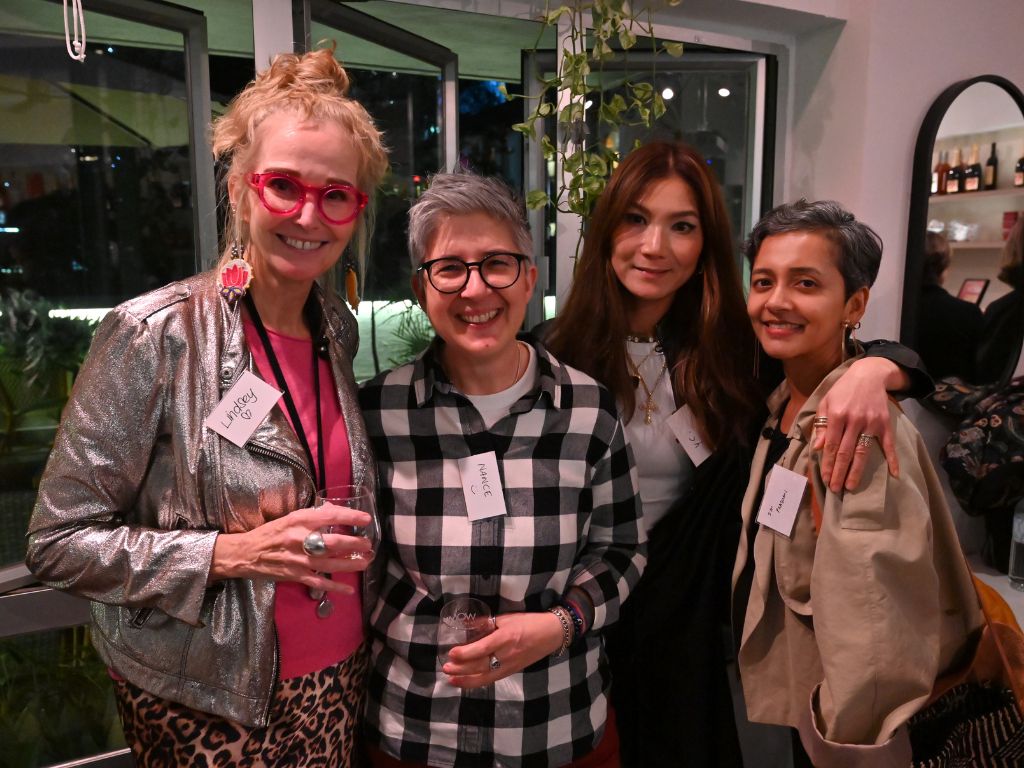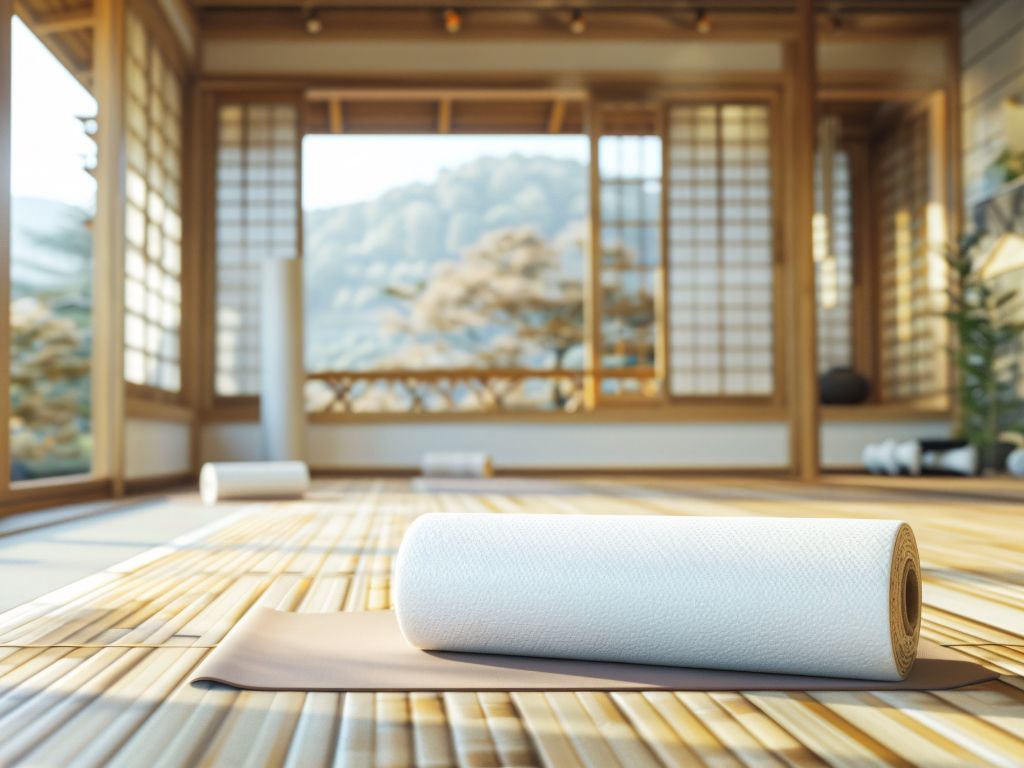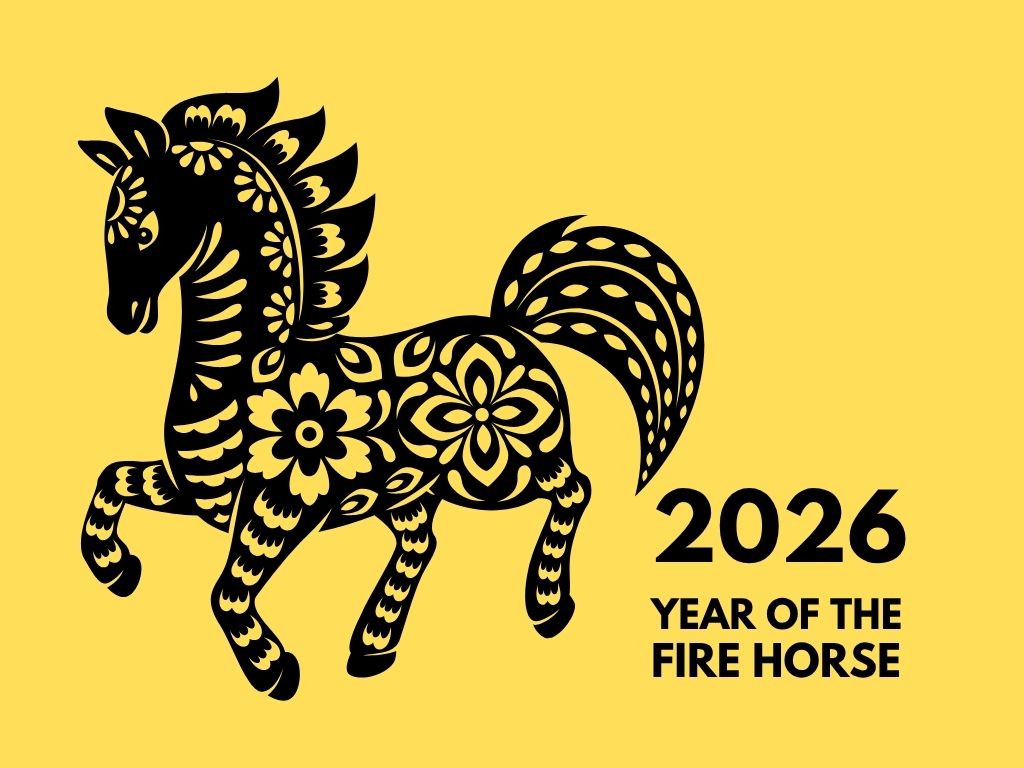Witnessing Transformation
Being Neighbourly x Minal Mahtani, OCDAHK
- Author/ Being Neighbourly
Share
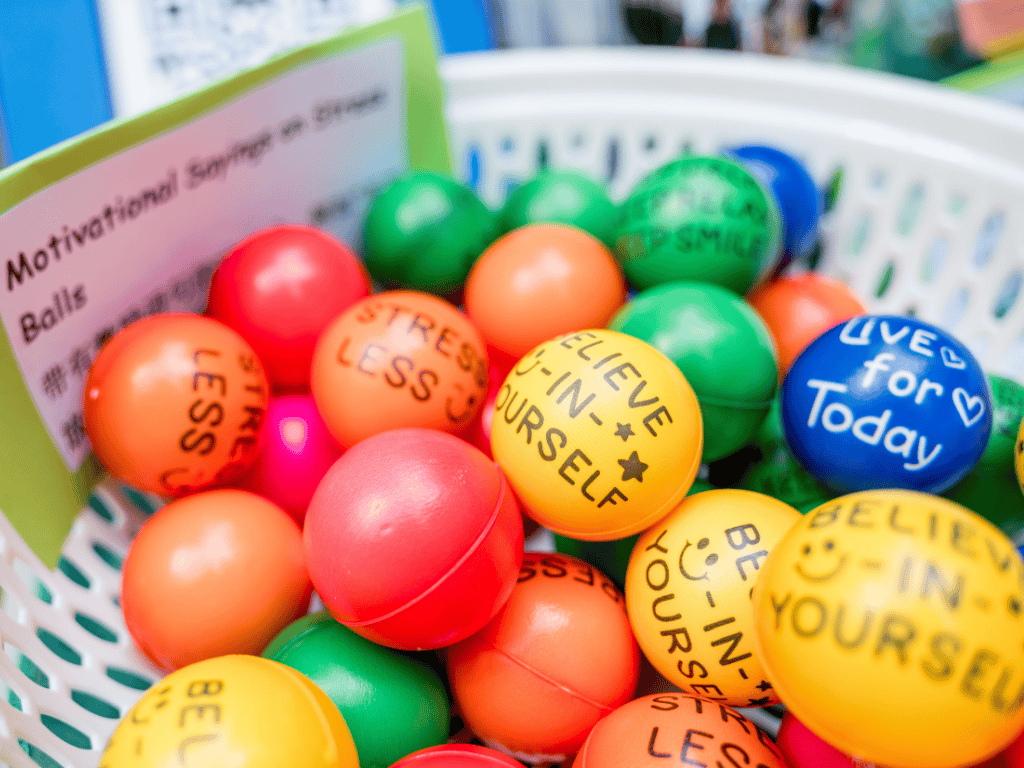
OCDAHK is a community that accepts, respects and takes care of each other,” says Minal Mahtani, Founder of OCDAHK, who established the charity in 2018 on the back of two things: her cousin’s tragic and untimely death by suicide; and the anxiety Mahtani experienced in her late twenties, which led her to seek professional help.
The charity is dedicated to providing support, education, counselling and resources for individuals and families affected by OCD, Anxiety and Depression.
But Mahtani says, “Our mission extends beyond mere assistance; we aim to instill hope and showcase effective treatment options for those wrestling with mental health disorders. Our approach emphasizes that recovery involves managing symptoms effectively rather than complete symptom eradication, equipping individuals to navigate life’s challenges, while prioritizing their mental well-being.” She adds that yoga has been a particularly effective tool in her personal arsenal, so much so that she uses it therapeutically as well.
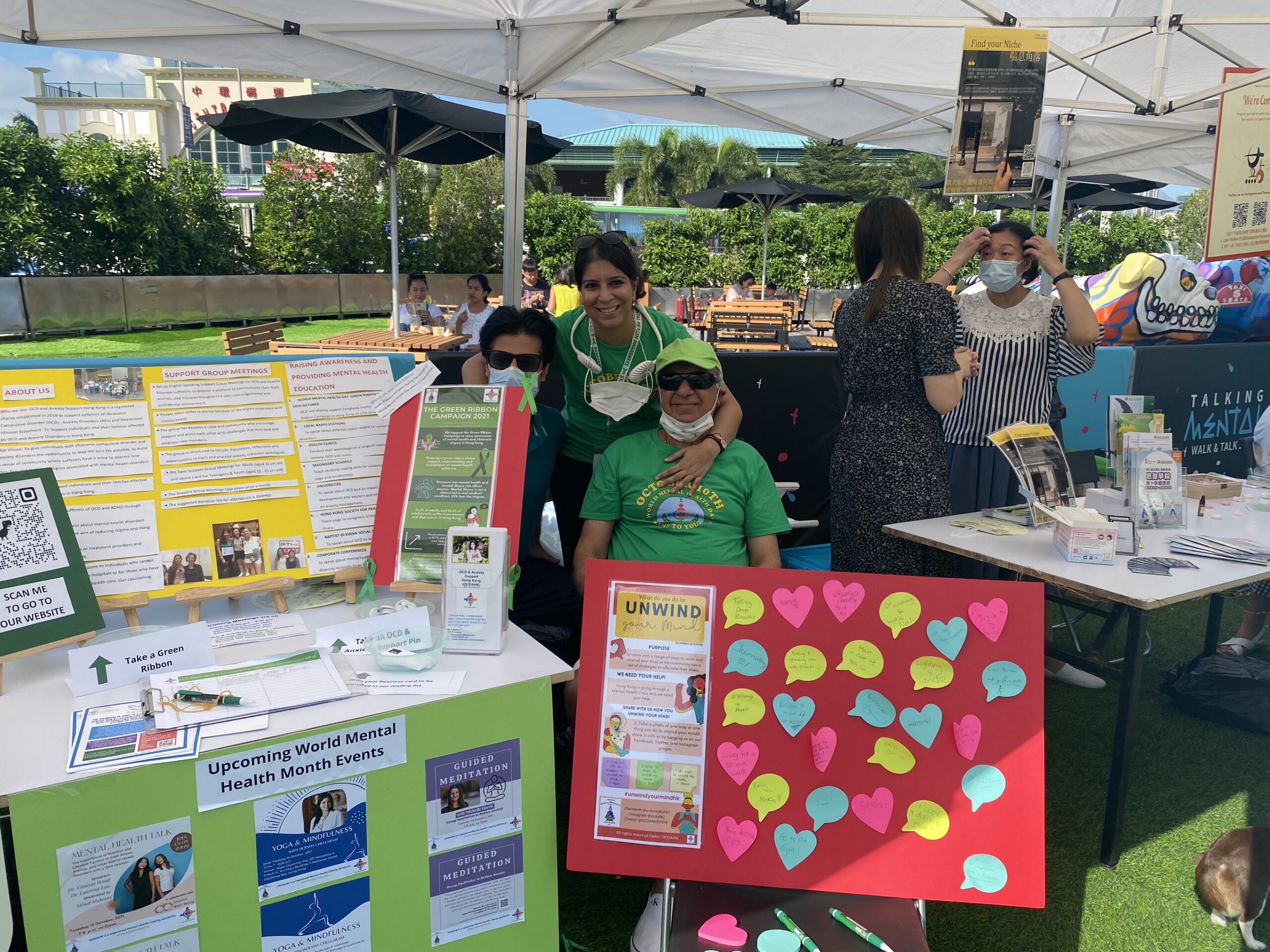
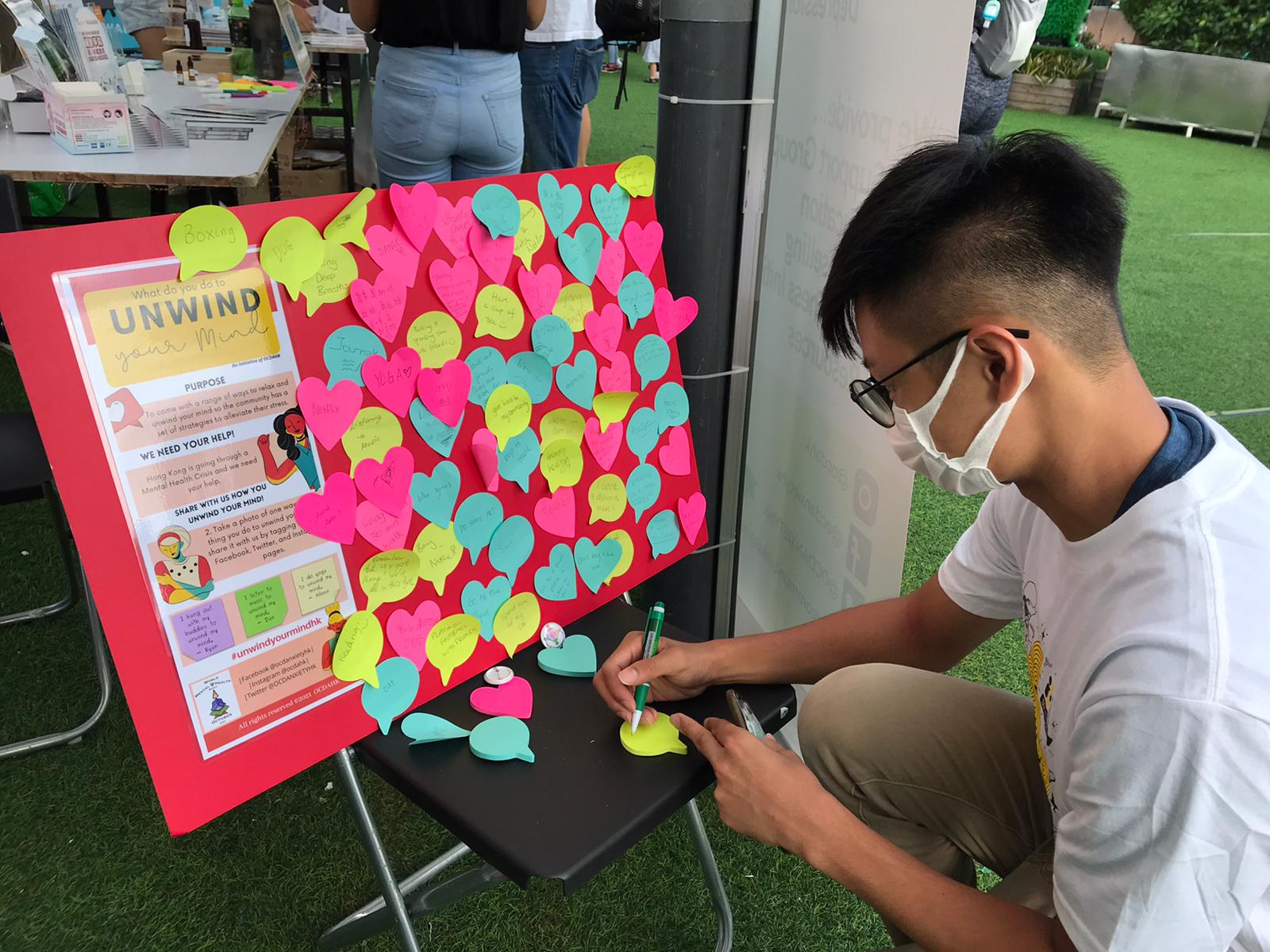
In a society like Hong Kong, where mental illness is highly stigmatized, Mahtani says, the charity’s overarching goal is to eradicate misconceptions and judgment surrounding OCD, Anxiety and Depression.
“In Hong Kong, Obsessive-Compulsive Disorder (OCD) and anxiety are prevalent mental health conditions that can significantly impact individuals’ daily lives,” she says, explaining that OCD is characterized by intrusive, unwanted thoughts (obsessions) and repetitive behaviours or mental acts (compulsions) performed in response to these obsessions.
Common OCD themes observed in Hong Kong include contamination fears, perfectionism and so-called Harm OCD. “There was a marked increase in Contamination OCD post-SARS and Covid 19. Anxiety disorders, including generalized anxiety disorder, social anxiety disorder and panic disorder, involve excessive worry, fear or anxiety that can be debilitating,” she says.
The charity founder recalls one OCDA support group meeting during Covid, at which there was a man who had been unable to leave his house for three entire months due to his fear of contamination. “He was socially isolated, surviving on Cup noodles, and deprived of fresh air and grooming. In the meeting, we supported him in confronting his fears and helped him find the courage to leave his apartment, go to the supermarket and buy some fresh food. The joy in this man’s face when he was able to face his fear was priceless and every support group member helped to make that happen!”
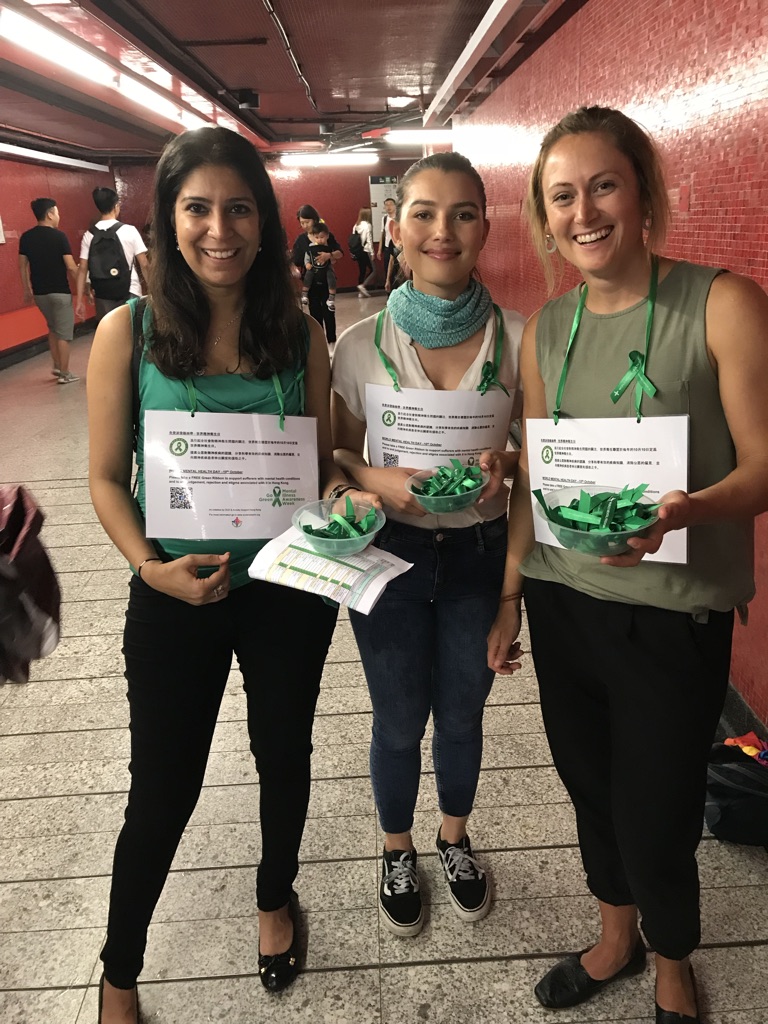
According to Mahtani, cultural factors, societal pressures and high academic expectations contribute to the prevalence of OCD in Hong Kong, from which approximately 2% of the population suffers; while 13.3% grapple with various mental health disorders, underscoring the significant impact of these conditions on the community.
“The pursuit of perfection is deeply rooted in Asian culture, where individuals are often raised with the belief that success is equated with achievement,” she says, adding that from a young age, children are instilled with the importance of excelling academically, professionally and socially, which can contribute to heightened levels of anxiety and pressure to meet high standards. “This cultural emphasis on perfectionism and success can exacerbate anxiety disorders, including OCD, as individuals strive to meet unrealistic expectations and fear the consequences of falling short.”
Says Mahtani, “OCD and anxiety disorders often arise from a complex interplay of genetic, biological, environmental and psychological factors. In both the context of Hong Kong and globally, various contributors can influence the onset and escalation of OCD and anxiety. These include genetic predispositions to mental health conditions, exposure to traumatic events without ample social support or coping mechanisms, environmental stressors, imbalances in brain chemistry, learned behaviours and specific personality traits.”
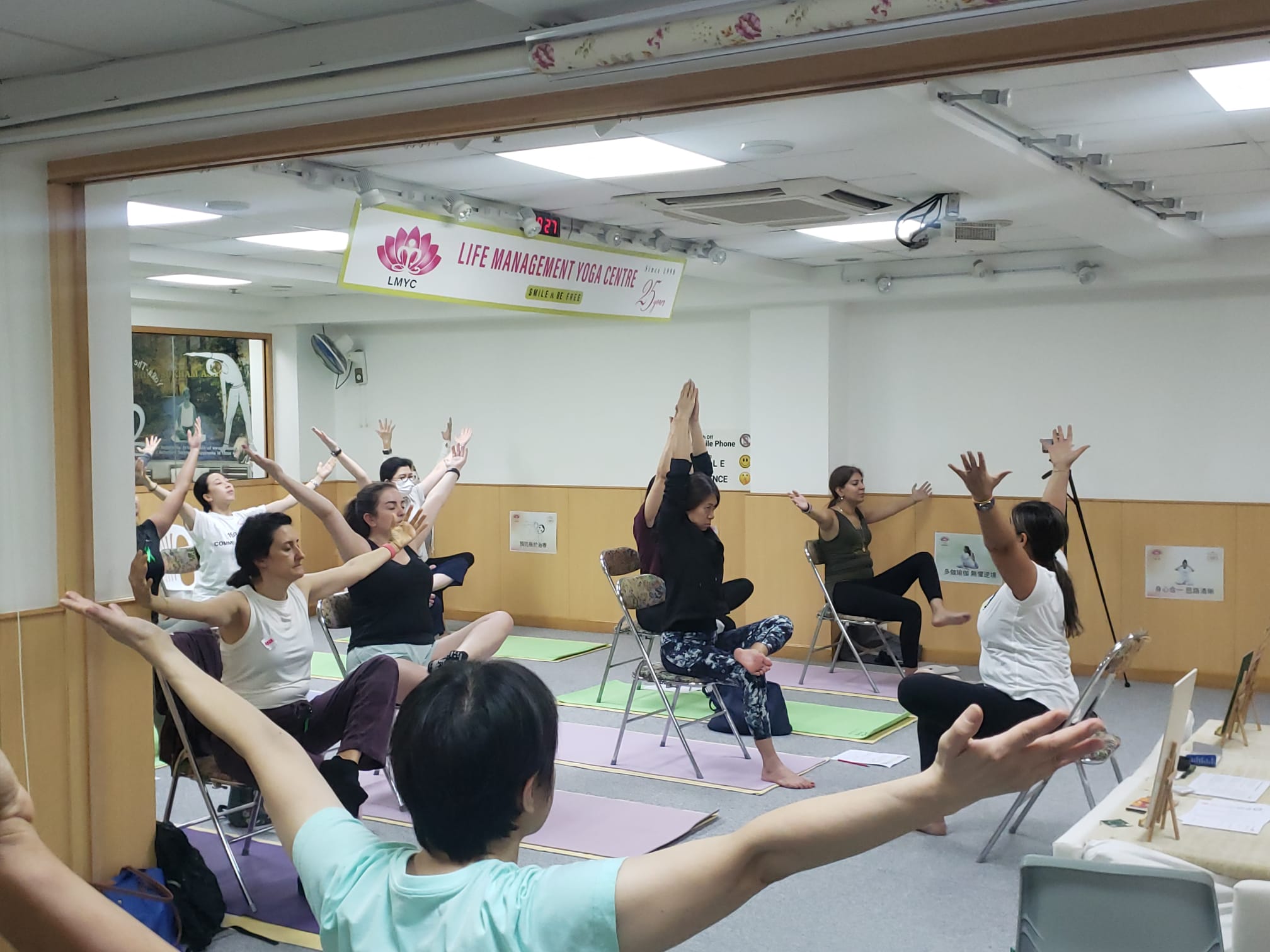

The decision to establish OCDAHK as a charity, not a business, was influenced by several critical factors, she shares. “In 2018, English-speaking therapists proficient in Cognitive Behavioral Therapy (CBT) and Exposure Response Prevention (ERP), the stand-out therapeutic methods and transformative treatments for individuals struggling with OCD and Anxiety, were scarce in Hong Kong, despite being the gold-standard treatments for OCD and Anxiety. Moreover, the city lacked English-language mental health resources and support groups, accentuating the need for accessible and culturally-sensitive services.”
“In Hong Kong, seeking mental health services in the private sector came with a hefty price tag, ranging from 1500-3000 HKD per hour, making it unaffordable for many, especially those without insurance coverage. The public healthcare system offered limited support, characterized by prolonged waiting periods of 12-24 months for consultations with psychologists or psychiatrists. These consultations often focused on medication as a quick fix, addressing symptoms rather than underlying causes of mental health conditions.”
While Mahtani herself was fortunate to access treatment and make a full recovery, she admits that the financial burden depleted her savings and the experience shed light on the reality faced by individuals unable to afford adequate care, leading to prolonged suffering and worsening conditions.
“This journey ignited a deep empathy within me, driving my commitment to supporting others on their path to healing. For me, this dedication transcends a mere business objective; it is a personal mission that resonates deeply with my core values.”
According to Mahtani, it is essential to understand that mental health is just as important as physical health, and the two are intricately interconnected. “A global shift in our perceptions of mental health is underway and recent events such as the pandemic and political turmoil have played a significant role in shaping this shift. The challenges brought on by Covid-19, including isolation, grief, anxiety and depression, have been shared experiences worldwide, which have highlighted the importance of mental health and created a sense of commonality among individuals facing similar issues. Mental health is a universal concern that transcends borders and cultures. By acknowledging and addressing our mental health needs, we not only support our individual well-being, but foster a more compassionate society.”
What is the best thing about the work that you do?

“At the core of my work is a deep passion to bring hope and support to those battling OCD, anxiety and depression,” says Minal Mahtani, Founder of OCDAHK.
“Over the past 11 years, I have been organizing support group meetings, starting with just one participant and growing to a community of 1,500 individuals. In these gatherings, participants find solace, understanding and a sense of belonging,” she continues.
“The most fulfilling part of my work is witnessing the transformation in group members. Seeing individuals enter the meetings feeling overwhelmed and in tears and leaving with newfound skills, friendships and a sense of empowerment, is incredibly rewarding. The knowledge that they have a supportive community to rely on as they face their challenges is truly heartwarming.”
Share
About the Author

Being Neighbourly
For over 20 years, the people behind BN have been creating content on the best things in life: food, travel and inspirational people.
Hong Kong Shark Foundation
www.hksharkfoundation.org
New Stories
Stay Up To Date
Want the latest insights and fresh content delivered straight to your inbox? Subscribe to our newsletter and stay updated with our exclusive content!



